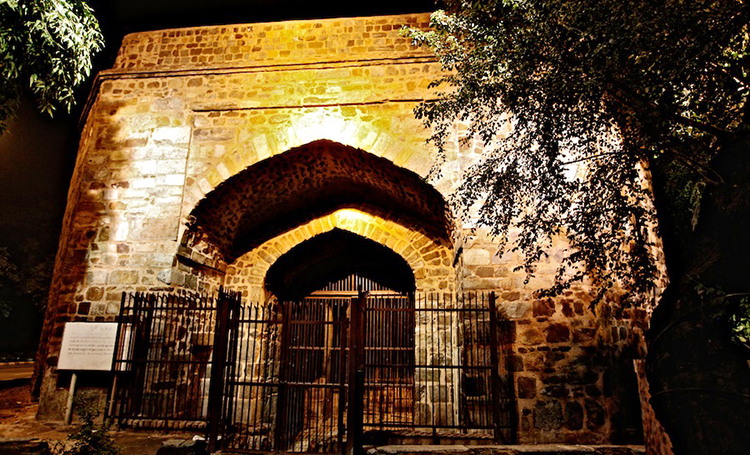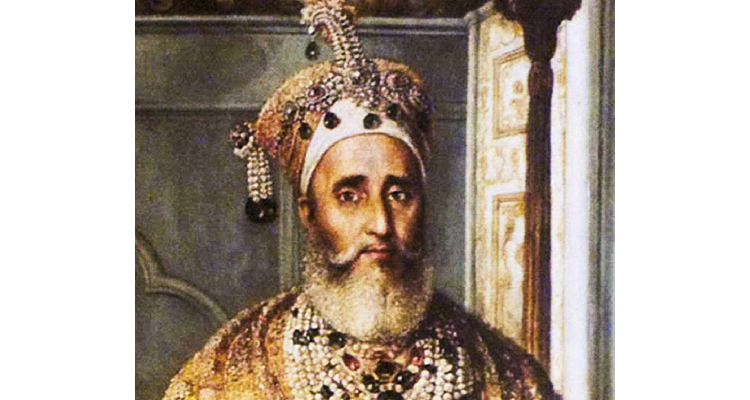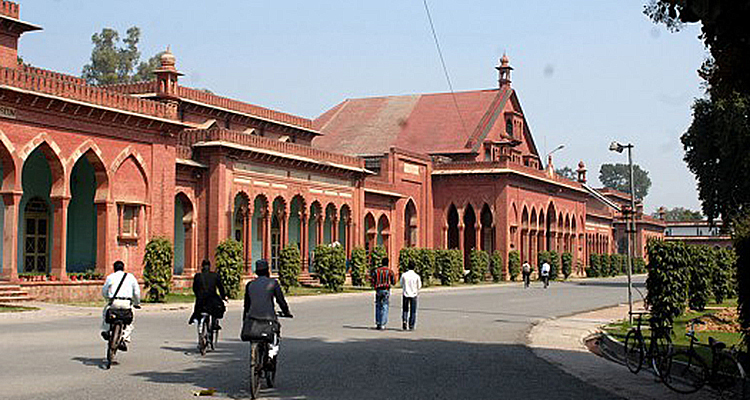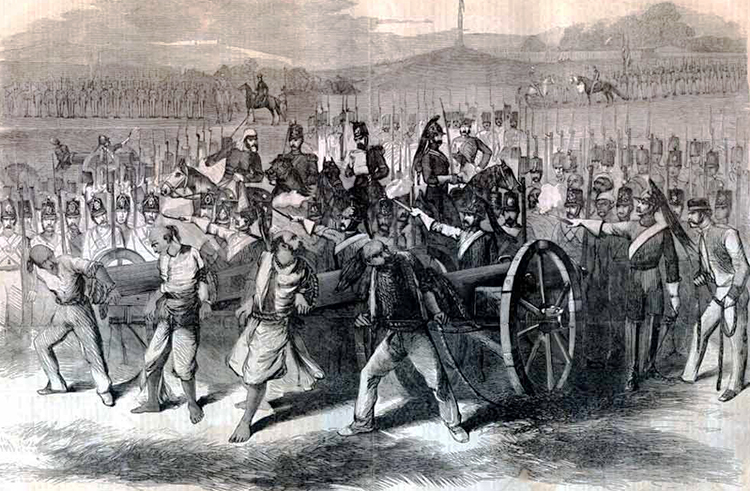Written by: Dr. Dushka H. Saiyid
Posted on: August 12, 2016 |  | 中文
| 中文
The revolt of 1857 was the last challenge to the increasing British consolidation of power in India, and was put down with a ferocity and brutality that we associate with the modern-day ISIS. Hindus and Muslims fought side by side to retain what can be described as the ancien régime of India. Reporting on the War of Independence (the audacity to call it a mutiny when it was only against the misrule of the East India Company), Marx had rightly argued that an agricultural India didn’t stand a chance when faced with an industrial power, and its concomitant, superior technology. Bahadur Shah Zafar, the last symbol of Mughal power, was sent into exile. His sons were shot in cold blood by Major Hodson, and their bodies left to rot in public view at the kotwali or police station at the Khooni Darwaza (that gate of Old Delhi that has come to be known as the Gate of Blood), but only after he had stripped their bodies of all the jewelry.

1857 also marked the eclipse of Muslim rule in India, established since the thirteenth century, and with it was swept away the highly evolved and sophisticated culture of north India. Since the British had replaced Muslims as the new rulers of India, they regarded them as the main group hostile to them. Their policies to substitute English for Persian, government schools for madrassahs, and selection for jobs based on exams rather than co-option of young men from the aristocratic families, displaced the Muslim hold on jobs and their position at the top of the social and political pyramid.

Sir Syed’s contribution lay in realizing the need for accommodation between Muslims and the British, and changing the relationship from antagonistic to one of co-operation. He understood the centrality of education in making Muslims competitive in the new dispensation. Through his writings, and organizations like the Muhammadan Educational Conference, he campaigned to persuade Muslims that science and English education were compatible with Islam and Muslim culture. His efforts found their ultimate expression in the founding of the Muhammadan Anglo-Oriental College at Aligarh in 1875.

Aligarh became a political symbol of the new generation of non-sectarian, forward-looking Muslim intelligentsia. When the Indian National Congress was started in 1885, Sir Syed at first stayed out of it and later opposed it, as did other Muslim leaders from Calcutta like Syed Ameer Ali. The dilemma for the erstwhile Muslim rulers was to persist well into the twentieth century, a fear of an electoral system where majoritarianism would reduce Muslims into a marginalized minority. Hence his reservations about the elective principle laid the foundation for Muslim separatism.

Sir Syed had single handedly done the impossible, and made a paradigm shift in the world-view of Muslims in India, that modern education and not the sword was the panacea for their backwardness.
You may also like: